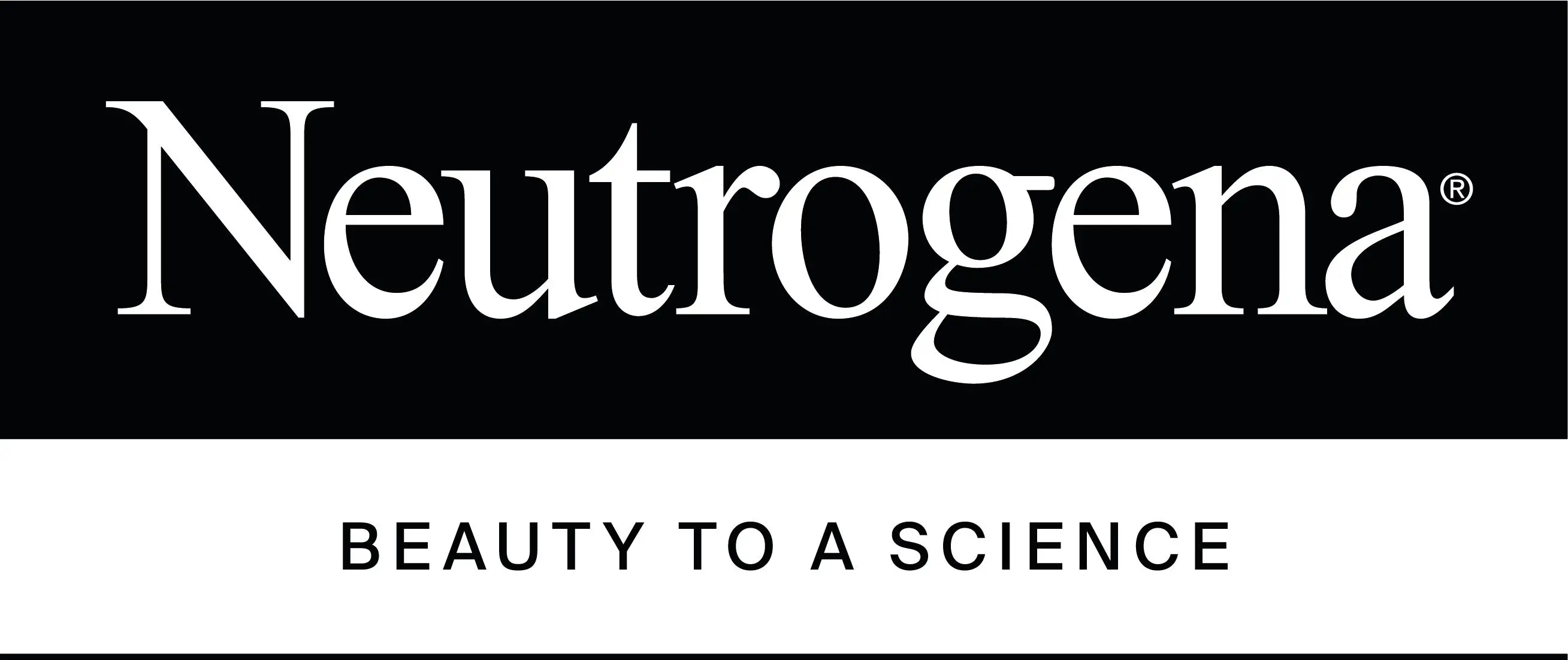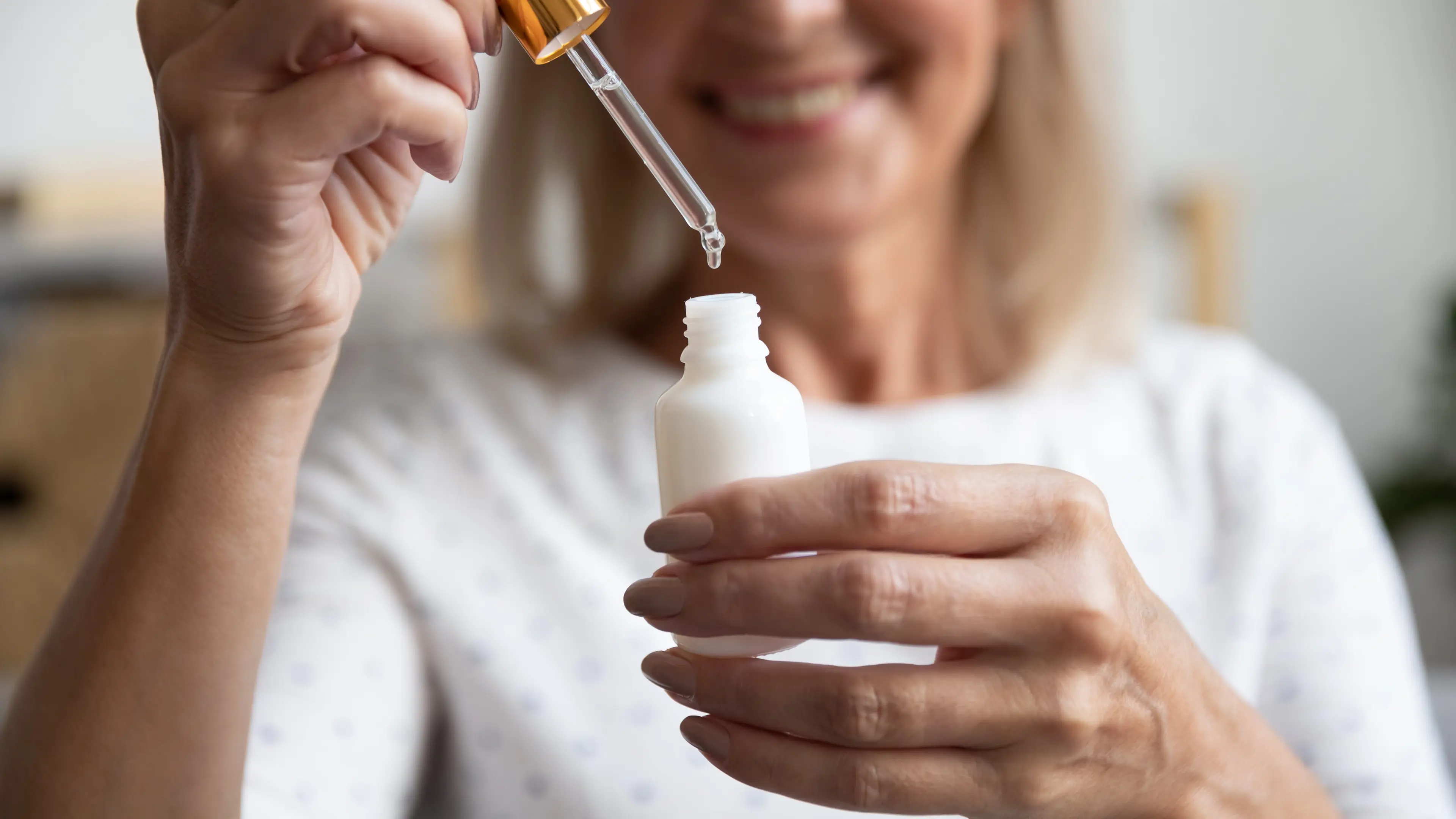Retinol is an absolute star ingredient to consider within your skin care products! Retinol is regarded as the “gold standard” for its anti-ageing, skin-clearing properties, skin exfoliation, collagen-stimulant, and skin cell turnover. It comes in the form of oils, creams, and serums.
What is Retinol?
Retinol is a derivative of Vitamin A, but it belongs to a broader class of retinoids. This product converts to retinoic acid via specialized enzymes found in the skin when applied topically.
Retinol was first approved for use in acne patients in the 1970s. It aids in promoting cell turnover and preventing pore-clogging, which will help protect against blemishes and improve the penetration of your skincare products. It will also help to boost your overall skin health.
Retinol can be found in a variety of over-the-counter beauty and skincare products. You could also visit a cosmetic provider who could prescribe retinol.
Here are 6 astonishing benefits of retinol for the skin:
Retinol can make your skin look softer, smoother, and more radiant. It will aid in the reduction of fine lines and wrinkles while also increasing collagen production. Here are six of retinol’s astonishing benefits:
1- Retinol May Help You Get Rid of Acne
Retinol clears skin and prevents future outbreaks by unclogging pores. Naturally, less acne means fewer acne scars. Furthermore, retinoids can enhance the effects of other medicated creams and gels, allowing you to get the most out of whatever treatments you're using.
Also find out some of the best skincare tips for acne, here.
2- Retinol May Improve the Acne Appearance
Retinol has been shown to reduce the visibility of pimples on the skin and prevent the formation of new spots and acne blemishes. One way retinol can improve the appearance of acne is by encouraging cell turnover. Acne forms when a buildup of dead skin cells and oil accumulates inside the hair follicles on your face. Retinol causes those cells to shed and be replaced more quickly.
3- Retinol May Fight Aging Signs
Retinol is one of the most widely used and researched anti-aging ingredients. Tretinoin, referred to as all-trans retinoic acid, proved to have significant anti-ageing effects.
By increasing collagen production, retinoids reduce fine lines and wrinkles. They also promote the formation of new blood vessels in the skin, which helps to improve skin pigmentation. Other benefits include the removal of age spots and the softening of rough skin patches
Also read to know more on the benefits of collagen for the skin, here.
4- Retinol Can Assist in Skin Tone
One of the many unique properties of retinol is that it stimulates skin cell turnover, resulting in an exfoliating effect. With retinol, dull and dry skin seems to be new, brighter, and more even-toned skin with increased collagen and elastin levels. The thicker skin is firmer and smoother, with fewer imperfections overall.
5- Retinol Is a Low-Cost Treatment
Spending on less expensive, short-term solutions may prove to be the more expensive option. Retinol is one of the few ingredients with scientifically proven benefits, making it a safe bet!
6- Retinol is Safe and Gentle!
Of course, retinol is safe to use in cosmetics and medical items, like all cosmetics and medical products must be safe for consumer use.
Retinol is gentle on the skin and is less prone to induce irritations, including redness (rosacea) or itching and flaking. Although retinol is touted as suitable for all skin types, different strengths are indicated for specific skin types.
Also read to know more on how to get rid of Red Skin (Rosacea), here.
Consult with your skin care provider in case you are pregnant or have any concerns.
In conclusion, make sure that your skin continues to glow by choosing skincare products with retinol to maintain a healthy routine. Also, do not forget to take care of yourself, eat fruits and vegetables, exercise, avoid smoking, and stay out of the sun!
References:
Rigopoulos, D., Ioannides, D., Kalogeromitros, D., & Katsambas, A. D. (2004). Comparison of topical retinoids in the treatment of acne. Clinics in dermatology, 22(5), 408-411.
Kafi, R., Kwak, H. S. R., Schumacher, W. E., Cho, S., Hanft, V. N., Hamilton, T. A., ... & Kang, S. (2007). Improvement of naturally aged skin with vitamin A (retinol). Archives of dermatology, 143(5), 606-612.

